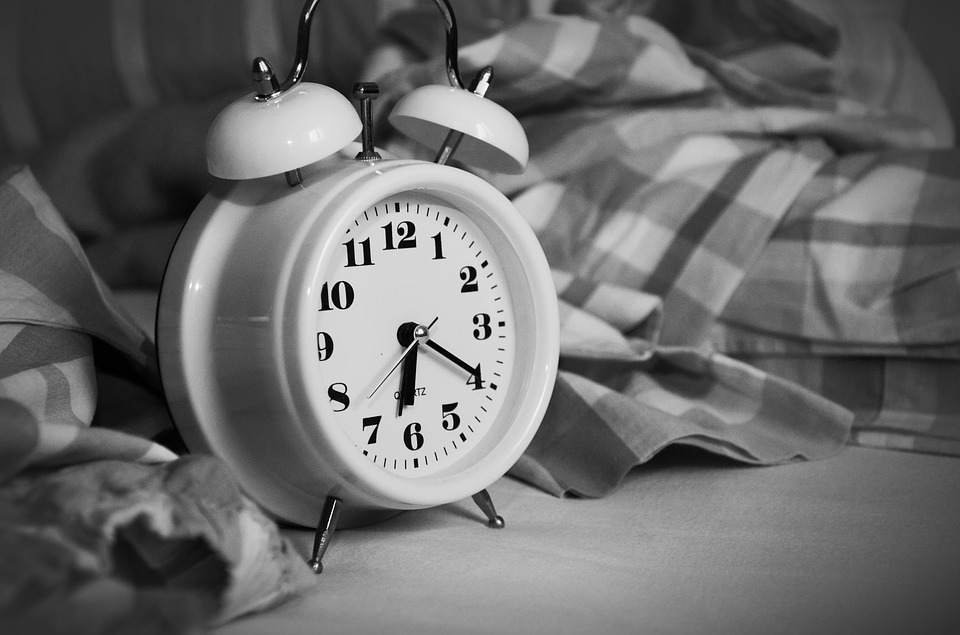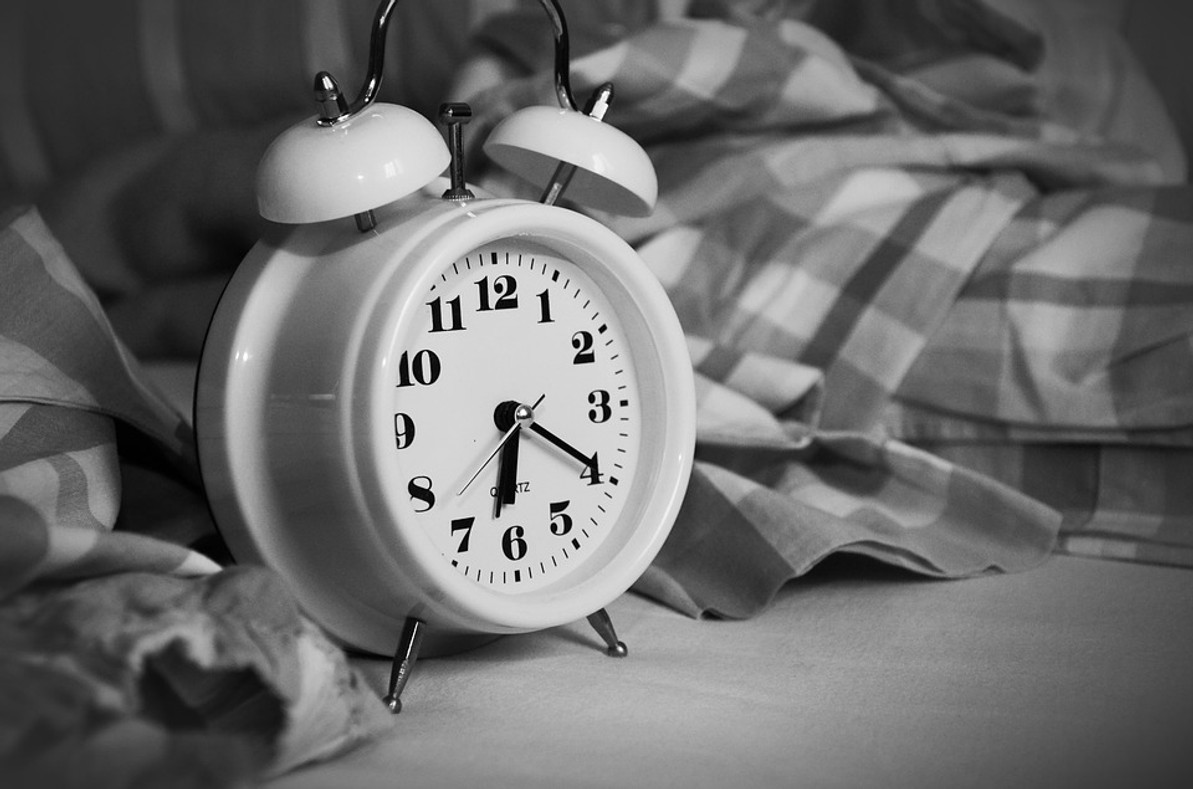New Study Warns About Dangers of Sleeping Myths

There's a lot of misinformation floating around on the topic of sleep. Unfortunately, people who believe these sleep myths often suffer from chronic health conditions. A new study has investigated some of the most notorious sleep myths, revealing why you shouldn't believe them.
About the Sleep Study
For the study, researchers at New York University School of Medicine analyzed thousands of sleep-related websites to identify some of the most common myths and misconceptions about sleep. So, what did they discover?
Researchers found that many people believe snoring is harmless. They assume it's just a natural respiratory function that occurs during sleep. Of course, the reality is that snoring is often an underlying sign of a more serious condition, such as sleep apnea. Furthermore, people who snore on a regular basis when sleeping are more likely to develop heart disease than their counterparts who rarely or never snore when sleeping.
Another common sleep myth identified by researchers is that midday napping is beneficial because it restores energy levels. Granted, you may feel energized after taking a nap, but you could struggle to fall asleep when the sun goes down. If you take naps during the day, your body may struggle to fall into a deep, restful sleep at night.
A third sleep myth revealed in this study is that consuming alcohol before bedtime can help you fall asleep and stay asleep. The problem with alcohol, however, is that disrupts REM sleep -- the stage of sleep in which you get the most rest. You may still fall asleep and stay asleep after drinking alcohol, but you won't get the same restful sleep that you would if you refrained from drinking alcohol.
"Sleep is a vital part of life that affects our productivity, mood, and general health and well-being," said the study's lead researcher and author Rebecca Robbins. "Dispelling myths about sleep promotes healthier sleep habits which, in turn, promote overall better health."
Tips for Healthy Sleeping Habits
For the most beneficial, restful sleep, don't fall victim to the myths listed above. Instead, focus on getting seven to eight hours of sleep at night. There are several things you can do to improve the quality of your sleep, one of which is getting into a routine that involves going to bed at the same time each night and waking at the same time each morning.
Additionally, avoid caffeinated foods and beverages before bedtime. Caffeine, while commonly found in many foods and beverages, is a natural stimulant that can hinder your body's ability to fall asleep and stay asleep.
This study was published in the medical journal Sleep Health.
Recent Posts
-
Fire Safety in the Workplace: What You Need to Know
What steps are you taking to prevent fires in your workplace? According to the U.S. Occupational Saf …Aug 23rd 2023 -
Is It Safe to Go Jogging With a Cold Infection?
If you're suffering from a cold infection, you might be wondering whether it's safe to go jogging. T …Aug 22nd 2023 -
5 Safety Tips to Follow When Using a Powder-Actuated Tool
Powder-actuated tools are commonly used to join materials to steel and concrete. Also known as Hilti …Aug 20th 2023




